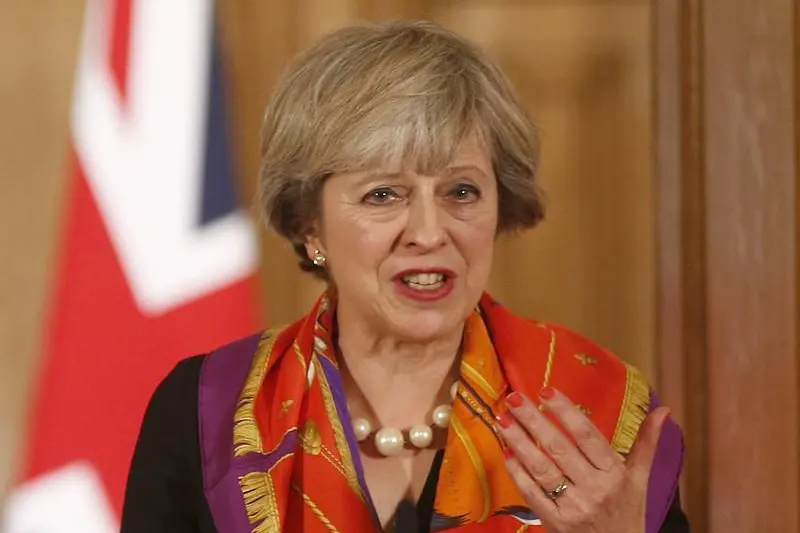PHOTO
(The author is a Reuters Breakingviews columnist. The opinions expressed are his own.)
By Peter Thal Larsen
LONDON, June 5 (Reuters Breakingviews) - Britain's cyberspace crackdown faces big tests. Following Saturday's attack by extremists in London, Prime Minister Theresa May has promised new curbs on propaganda and communications, potentially affecting online services like Alphabet's YouTube and Facebook's WhatsApp. Such promises can be good politics, but to actually happen they must make technological and economic sense.
In the aftermath of the third deadly UK attack in three months, it’s understandable that May is eager to respond. Her government seems to have two targets in mind: extremist material online, and encrypted communications that may be used to plan attacks.
There’s a good argument for requiring that YouTube, Facebook and others act faster to scrub hateful content. Big web companies are reluctant to make judgments about what users upload. But they already conform to German restrictions on hate speech and Thailand’s rules against defaming the monarchy, for example. If May's government – assuming she wins Thursday's election – chooses to pass laws that limit extremist propaganda, web groups would have to comply.
Regulating communication is trickier. Amber Rudd, Britain’s interior minister, has criticised services like WhatsApp which encode messages so that only sender and receiver can read them. One suggestion is that providers should give governments a key to unlock messages. This not only raises snooping concerns, it also makes messaging services vulnerable to hackers. Besides, would-be attackers could simply switch to other encrypted tools beyond the reach of Western governments.
International agreements, as suggested by May, would probably not add much. There's a benefit in solidarity. But Western democracies have different rules on freedom of speech, making it hard to define a unified approach. And common rules on encryption would raise questions about which governments could be trusted with the keys to which companies' messaging services.
Britain could press ahead nonetheless. After all, China’s government has largely walled off the country's internet from the rest of the world. But the People’s Republic has a giant home market and doesn't offer free speech the protections it has in the West. Going it alone could be costly for an open economy like the UK's.
Big internet companies do yield to political pressure: the British government squeezed 130 million pounds of back taxes out of Alphabet last year. When it comes to curbing extremism online, however, any crackdown will face reality checks.
CONTEXT NEWS
- UK Prime Minister Theresa May on June 4 promised to regulate cyberspace in the wake of attacks by extremists who killed seven people in London’s city centre.
- “We cannot allow this ideology the safe space it needs to breed,” May said. “Yet that is precisely what the internet – and the big companies that provide internet-based services – provide.”
- May pledged to work with “allied democratic governments” to reach international agreements to “regulate cyberspace to prevent the spread of extremism and terrorist planning.”
- British interior minister Amber Rudd on March 26 said technology companies should cooperate with law enforcement agencies and stop facilitating secret communications for extremists using encrypted messages.
- She was speaking after British-born Khalid Masood killed four people in an attack on London’s Westminster Bridge. Local media have reported that he sent an encrypted message moments before the attack.
- On May 22, a suicide bomber killed 22 children and adults at a concert by Ariana Grande in Manchester.
- SIGN UP FOR BREAKINGVIEWS EMAIL ALERTS http://bit.ly/BVsubscribe
(Editing by Richard Beales and Kate Duguid)
© Reuters News 2017





















